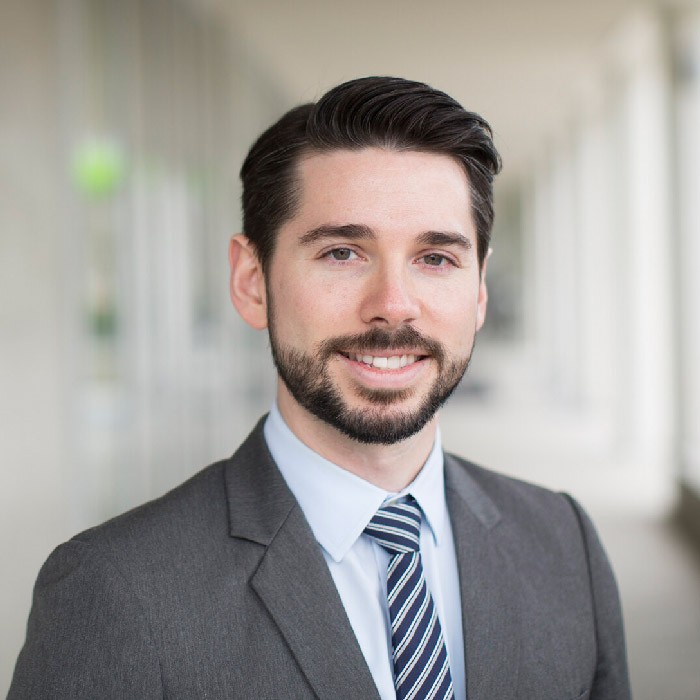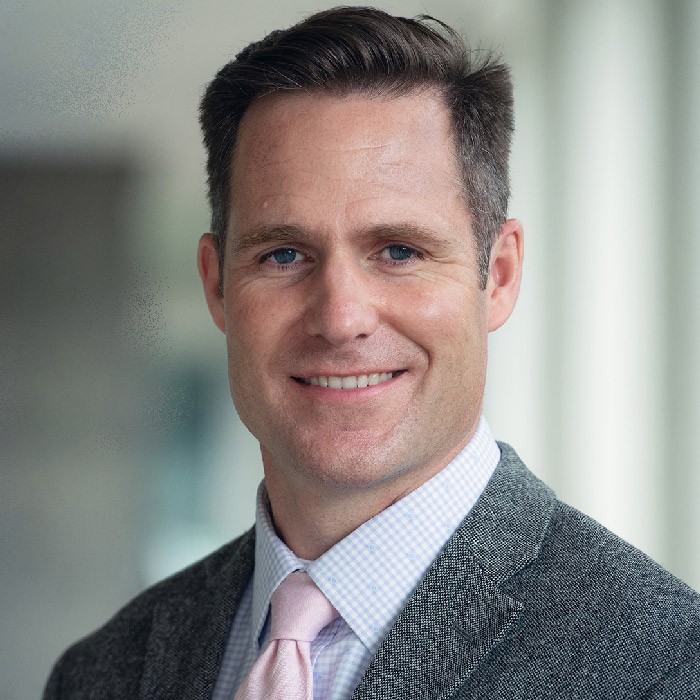Responsible leadership is a growing area of inquiry amongst some of our faculty members. These researchers are examining responsible leadership in action from multiple business disciplines. The work they do will serve to advance understandings and underscore the Centre’s purpose and vision.

Karl Aquino
"My research focuses on how people think about morality and what effects this has on their judgments, attitudes, and behaviours. This work is cross-disciplinary and examines how moral thinking influences people’s conduct as leaders, employees, consumers, and citizens."

Michael Daniels
“I am interested in how organizational actors can overcome egoism and lead with humility to foster healthier and more productive workplaces. I also study the role that self-conscious emotions (e.g., shame, guilt, pride) play in regulating leader responses to morally-relevant behaviour at work. Through this research, I aim to provide insights into what it means to be a responsible leader in contemporary organizations and also how to develop that capacity.”

Jon Evans
“Two of my recent publications focus on how impressions created by leader behaviour influences perceptions of leadership capability and performance evaluations. Specifically, I consider how gender and race stereotypes influence reactions to leader expressions of humour and anger. The hope is that drawing attention to these negative dynamics can lead to more equality in how leaders are evaluated and promoted.”

Kai Li
“My primary area of research is corporate governance. My seminal work has effectively transformed global discussion on executive compensation design, by revealing the dark side of a common practice in which executives are rewarded for doing deals without their bonuses being linked to long-run firm performance. In my study of corporate governance mechanisms outside a firm, I aim to show that institutional shareholders can play a key role in monitoring and influencing corporate management. My work overturns the accepted wisdom that institutional shareholders act in unison in corporate governance, and has spurred substantial research in the realm of shareholder activism and voting.”

Rebecca Paluch
“My research provides guidance on how leaders can responsibly navigate changing talent management trends given the rapidly evolving world of work. This includes research on how leaders can foster diverse and inclusive organizations as well as on how leaders and organizations can continue to support former employees even after they end the formal employment relationship.”

Daniel Skarlicki
“My primary research has focused on understanding the causes and effects of workplace injustice. This is important because if leaders are not seen as fair, they are unlikely to be deemed effective. Although most leaders report that they try to be fair, this is not enough; leaders need to understand how employees and third parties form perceptions of fairness. Responsible leadership means taking responsibility for fair treatment.
I am also currently studying the “payoff” of leadership responsibility. Specifically, we are studying the relationship between leaders taking responsibility for their company’s performance and financial analysts’ forecasts of their company’s value, and the role of CEO perceived integrity in that process.”

Lingtao Yu
“My research focuses on the ethical component of responsible leadership. Specifically, I study abusive leadership with the goal of providing insights on antecedents, consequences, as well as strategies to stop or at least mitigate the impact of an irresponsible leadership style.”
Recent published research
Humility breeds authenticity: How authentic leader humility shapes follower vulnerability and felt authenticity
A person-centered view of impression management, inauthenticity, and employee behavior

-
Contact the Montalbano Centre for Responsible Leadership Development
-
Get in touch
+1 604.822.8399
tara.csontmollett@sauder.ubc.ca